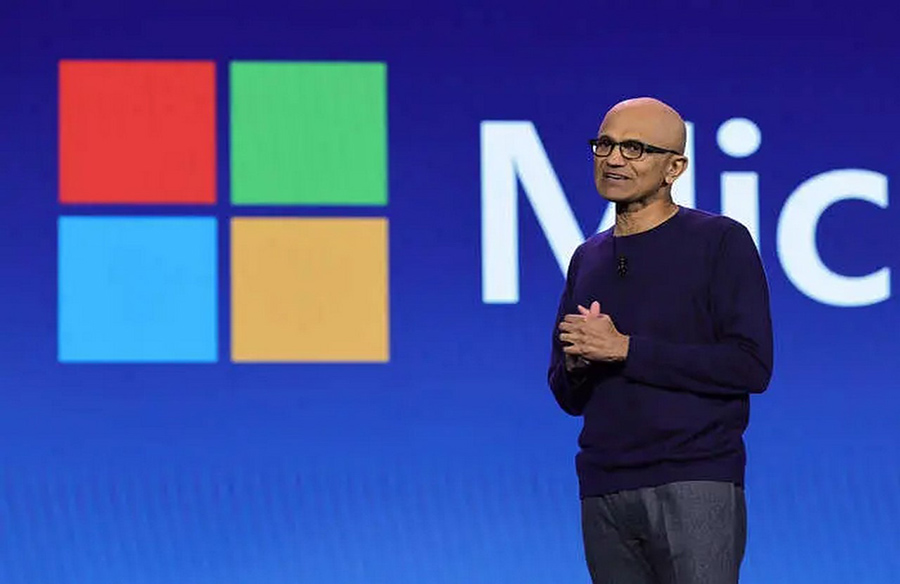Rethinking Company Wellbeing in the Era of Remote Work

As remote work becomes the norm for many companies, the traditional approach to employee wellbeing is undergoing a transformation. With workers spending more time at home, commuting less, and facing new challenges related to work-life balance, organizations are reevaluating their strategies for promoting health and wellness among their staff.
Personalized Wellbeing Support
In response to these shifting dynamics, some forward-thinking companies are adopting innovative approaches to support employee wellbeing. One notable example is Fast, a San Francisco-based software company, which recently hired Phil McDougall, a former Royal Marine commando and fitness trainer, as a full-time wellbeing director.
McDougall’s role extends beyond traditional fitness training. He provides personalized guidance on sleep improvement, daily exercise routines, nutritional advice, and mental health support to Fast’s employees. Through virtual platforms like Zoom, McDougall conducts exercise classes and offers one-on-one consultations, ensuring that employees have access to comprehensive wellbeing resources.
Adapting to Hybrid Work Environments
As companies embrace hybrid work models, the traditional perks associated with office culture are evolving. Free lunches, onsite gyms, and social gatherings are becoming less relevant in a world where remote work is prevalent. Instead, organizations are focusing on enhancing the home office experience to support employee satisfaction and productivity.
For instance, Dropbox is offering employees allowances for home-office amenities, including fitness trainers and music lessons. Similarly, The Million Dollar Baby Co provides a “paid-vacation” stipend for employees to use towards personal trips, fostering a culture of work-life balance and rejuvenation.
Redefining Employee Benefits
The pandemic has prompted a reevaluation of employee benefits across industries. Employers are increasingly recognizing the importance of offering diverse and flexible perks to meet the evolving needs of their workforce. From childcare support to remote work allowances, companies are investing in initiatives that prioritize employee wellbeing and engagement.
Looking ahead, there is an opportunity for employers to reimagine their approach to perks and benefits. By leveraging insights from employee feedback and industry trends, organizations can design holistic wellbeing programs that attract top talent and foster a culture of health and resilience.
In conclusion, as the dynamics of work continue to evolve, prioritizing employee wellbeing remains paramount for organizational success. By embracing innovative strategies and adapting to the realities of remote work, companies can empower their employees to thrive in today’s ever-changing landscape.


 English
English 






























































































































































































































































































































































